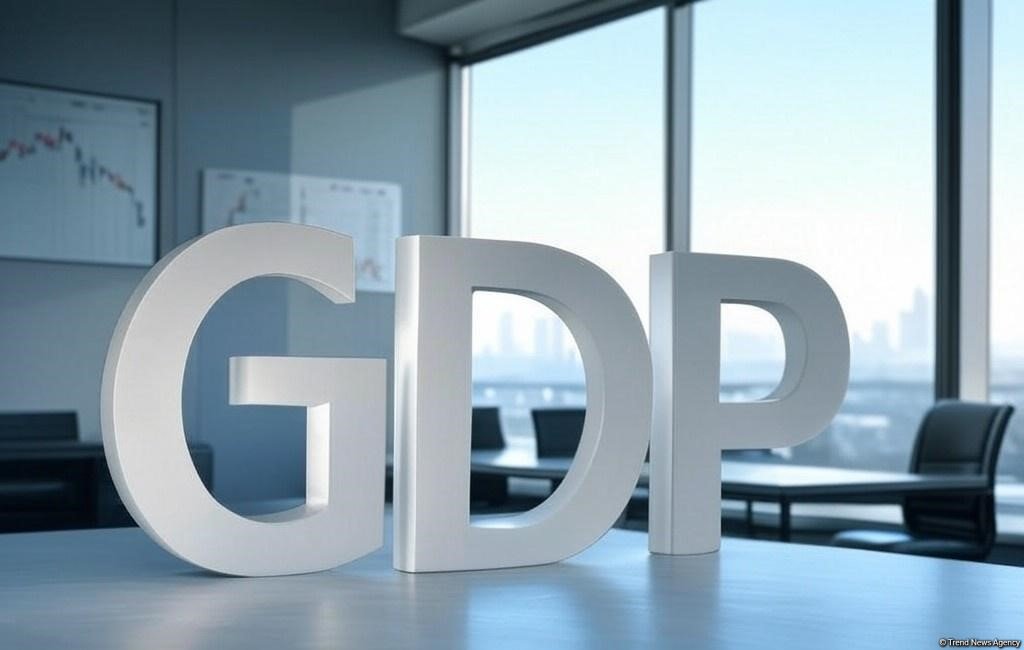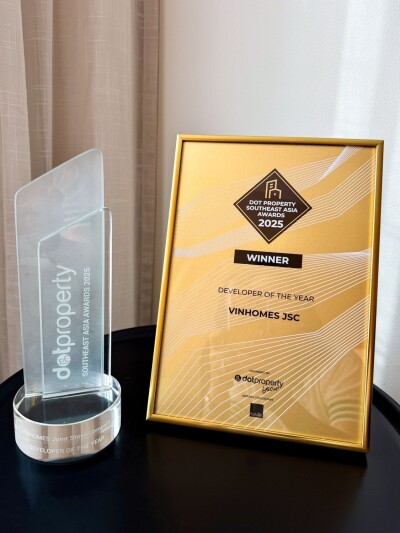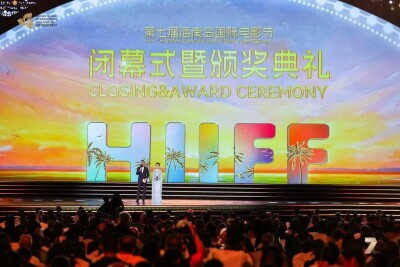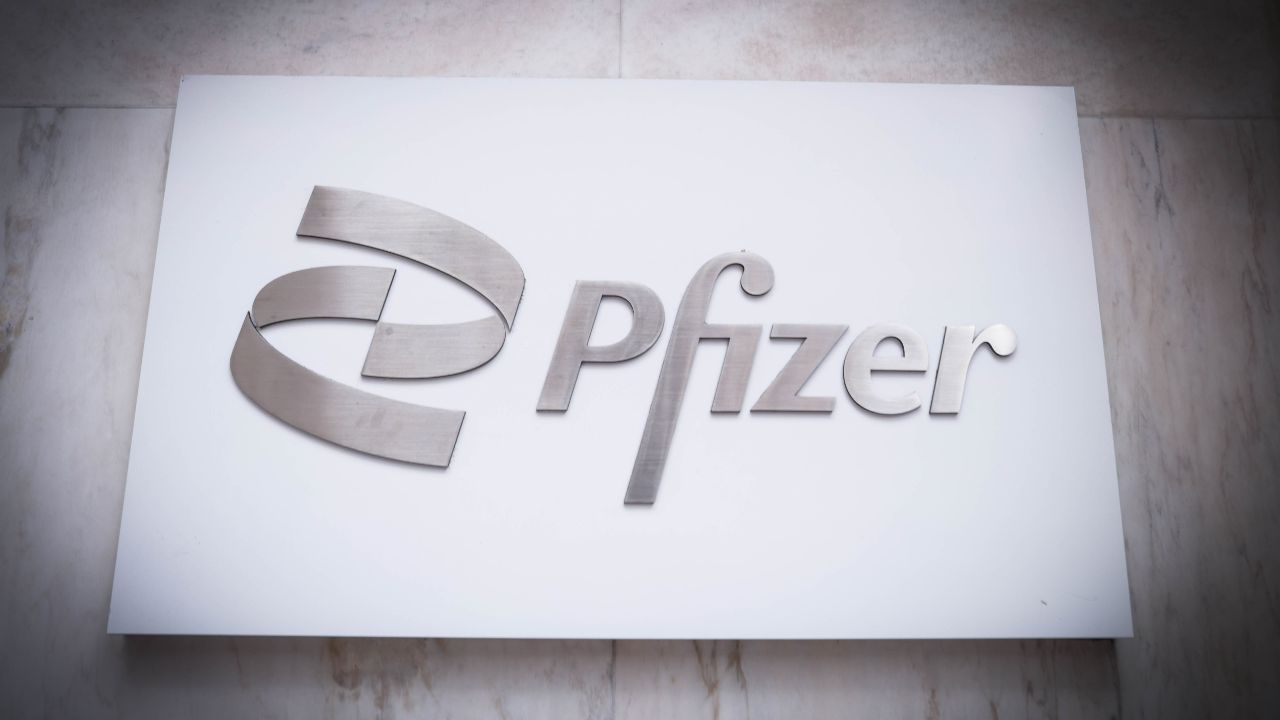EU Court of Auditors criticizes opaque EU funds for NGOs

Luxembourg/Brussels – According to a report published on Monday by the European Court of Auditors (ECA), the allocation of EU funds to non-governmental organizations (NGOs) is not transparent. The EU Commission has not correctly disclosed certain EU-funded activities of interest representation, such as lobbying, and it is not monitored whether the funded NGOs respect the values of the EU, the auditors criticize. Austrian NGOs were also examined.
“Transparency is crucial to ensure credible participation of NGOs in EU policymaking,” said Laima Andrikienė, the ECA member responsible for the report. “Although some progress has been made since our last audit, a blurry picture still emerges regarding the amounts flowing to NGOs, as the information about EU funds – including those for lobbying – is neither reliable nor transparent.”
NGOs and other civil society organizations should ensure the participation of citizens in the democratic decision-making process in the EU. However, in order to hold public decision-makers accountable, citizens must know to whom EU funds are flowing, how they are used, and whether the recipients respect the values of the EU. Since the “Qatargate” scandal in 2022, in which members of the European Parliament were accused of bribery, public interest in transparency has grown.
NGOs received around 7.4 billion euros from 2021-2023
Between 2021 and 2023, NGOs received 7.4 billion euros in key policy areas of the EU such as cohesion, research, migration, and the environment – of which 4.8 billion euros came from the EU Commission and 2.6 billion euros from the member states. The ECA criticizes that there is no reliable overview of these EU funds. It is therefore not entirely clear what role NGOs play in EU policy. On the one hand, NGOs can receive grants for the implementation of projects. Due to their special status, they can also be granted subsidies to cover a significant part of their operating costs. According to the ECA report, more than 12,000 NGOs received such EU aid between 2021 and 2023.
Although the EU Commission has made progress in collecting information about the EU funds paid to NGOs, there is still a lack of disclosure. Furthermore, EU countries neither track the amounts paid to NGOs nor report on them. And even with the stricter requirements expected in the future, they would not be obliged to do so. Additionally, there is no EU definition of NGOs, and a definition is rarely enshrined in national laws.
Austria and most EU countries have no definition of NGOs
Austria also has no specific definition of NGOs. In order for the Union to provide the public with reliable and timely information about the funding of NGOs through EU funds and their purpose, a uniform definition is required, demand the Luxembourg auditors from the Brussels authority. The European Court of Auditors further recommends that the Commission improve the guidelines for classification as an NGO and the quality of information about EU expenditures in the financial transparency system. It is also urged to strengthen the monitoring of compliance with EU values.
Austria was not among the three member states that were thoroughly audited for this report. However, two Austrian NGOs were included in the sample of 90 organizations that received EU funds and were audited by the Court of Auditors for their transparency. The Austrian NGOs received funding from Erasmus+ or from the Citizens, Equality, Rights and Values Program (CERV). They achieved a transparency score of 65 and 60 points on a 100-point scale. This score is slightly above the average score of 55 points for the entire sample. Like the vast majority of the sample, the two NGOs did not have a certified transparency certificate.
Commission emphasizes: NGOs must meet the same funding requirements
“When it comes to receiving EU funds, NGOs are not different from other applicants,” emphasized the EU Commission in a statement to the ECA. They must meet the necessary funding requirements – the NGO status does not bring preferential treatment and is not a funding criterion, except in a few very specific cases. The Commission has no evidence that the NGO status is associated with a particular (or higher) risk for the EU budget compared to other recipients of EU funds.
However, EU parliamentarian Alexander Bernhuber (ÖVP) sees it critically: “The report published today by the European Court of Auditors now officially confirms our previous suspicion: There is little to no transparency in the allocation of our tax money to NGOs. Now, urgent new regulations are needed for NGO contracts that address the criticism of the Court of Auditors and the EU parliamentarians: Disclosure of all contracts between EU institutions and NGOs, a ban on lobbying against EU parliamentarians and the EU Commission, as well as full transparency regarding the finances of NGOs that are funded with taxpayer money.”
Lena Schilling (Greens) reiterated the call for more transparency in the allocation of EU funds. “However, these rules should not only apply to NGOs but also to industry and agricultural lobbies,” Schilling said in a statement. NGOs also have the role of uncovering activities within lobbying efforts by industry and the agricultural sector, she emphasized. Schilling harshly criticized the proposal of her ÖVP colleague: “The colleague Bernhuber’s demand for a lobbying ban for NGOs amounts to silencing civil society and is not included in the recommendations of the Court of Auditors.”
FPÖ MEP Roman Haider, for his part, lamented the “swamp” revealed in the report: “It is high time to finally drain this swamp,” he demanded in a statement. There must be clear criteria for what constitutes an NGO, and more transparency about their backgrounds. “It is overall shocking to see how carelessly public funds are handled in this area,” Haider noted. “Especially in times of tight resources, transparency and thorough checks are required.” (08.04.2025)














































